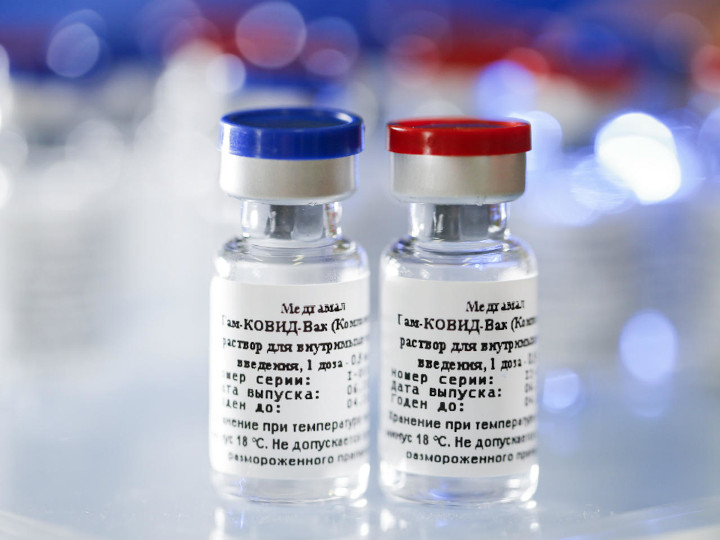Urgent research is ongoing around the world aiming at finding the most effective Covid-19 vaccine. These products should comply with the same legal requirements of pharmaceutical quality, safety and efficacy as any other medicine. The substances are first tested in laboratories then on human volunteers within the framework of clinical trials. Only drugs with successfully completed phase III clinical trials are suitable to apply for marketing authorisation from the competent – national or regional – drug safety authorities. At this moment, recent developments are reported to having reached the end of phase III clinical trials, and in some cases, conditional marketing authorisation procedures are ongoing and in some cases concluded.
In the normal course of business…
In case of a new product, upon request, the competent authority may grant registration and marketing authorisation following examination of the results of various laboratory tests and phase I, II and III clinical trials. In the course of ordinary research and development, practice shows that the required laboratory tests and phase I, II and III clinical trials of an original product take 8-10 years to be completed. Then the manufacturer can file a request for the registration and marketing authorisation of the new product. In Hungary the National Institute of Pharmacy and Nutrition (NIPN) shall review the results of all relevant tests and decide within a 210-day deadline on the registration and subsequently grant marketing authorisation.
Following a positive decision, phase IV clinical trials need to be completed to examine the advantage/risk ratio, safety and tolerance of the product as a post-registration procedure. Non-commercial clinical trials are also concluded following registration, where tests are conducted by researchers independent from the pharma industry. It is important to note, that the risk of unexpected adverse reactions shall be ensured not to exceed a scientifically foreseeable minimum level during these post-registration trials.
Covid urgency
With respect to the urgent need to have any Covid-19 vaccine safely and properly registered in order to start the mass vaccination, only the procedural timelines might be expedited while maintaining the required safety standards. The method of running reviews is a tool the European Medicines Agency (EMA) and the NIPN could and did apply in order to expedite authorisation proceedings. This allows the official timeline for the authority’s review to be shortened which could reduce the time-frame for the registration of a product by months.
Within the EU framework, Member States are generally required to cooperate both on the procedural and substantive aspects. Procedural cooperation manifests in the form of centralised, decentralised and mutual recognition procedures, where the Member States deem each other’s or the EMA’s review acceptable to provide marketing authorisation of a product. On the substantive side however, national interests of a Member State may override EU interests on an exceptional basis, for instance in case of an emergency, and Hungary’s participation in the Sputnik V vaccine’s trials provides an example. It is reported that Hungary is the only Member State participating in phase III clinical trials of the Sputnik V product with the aim to achieve a quick registration and marketing authorisation. The EMA does not require Hungary to refuse such participation this these trials, subject to the condition that the product remains within the borders of Hungary. However with such exceptional measures, the future Hungarian market for the available Covid-19 vaccines is likely to differ from EU standards, which might result in derogations from the related rights and obligations of the market participants, most obviously of consumers’ right of choice if, as has been proposed, vaccines will only be available through state channels (and not accessible through private healthcare facilities) and that those receiving the vaccine will not be able to choose between the several different vaccines available.
Conclusion
Among the legal issues which may arise from this situation are the potential liability for any adverse effects of this vaccine of the authorities giving the approval, the manufacturer, the distributor, the medical professional or institution administering the vaccine. It is also unclear how the restrictions on transfer of the product out of Hungary can be monitored and enforced.
As with all aspects of the response to the Covid-19 pandemic, governments are challenged by the need to balance political, regulatory and scientific interests. The Hungarian government, as in other matters, is taking an individual path, and time will tell how this works out.
To download this newsletter, please click here.






